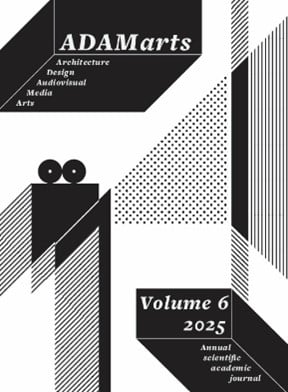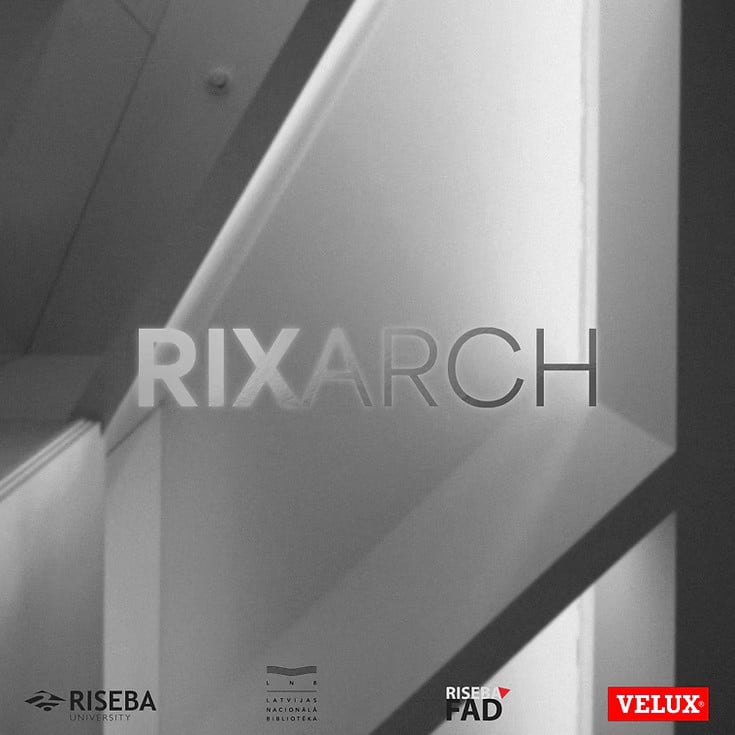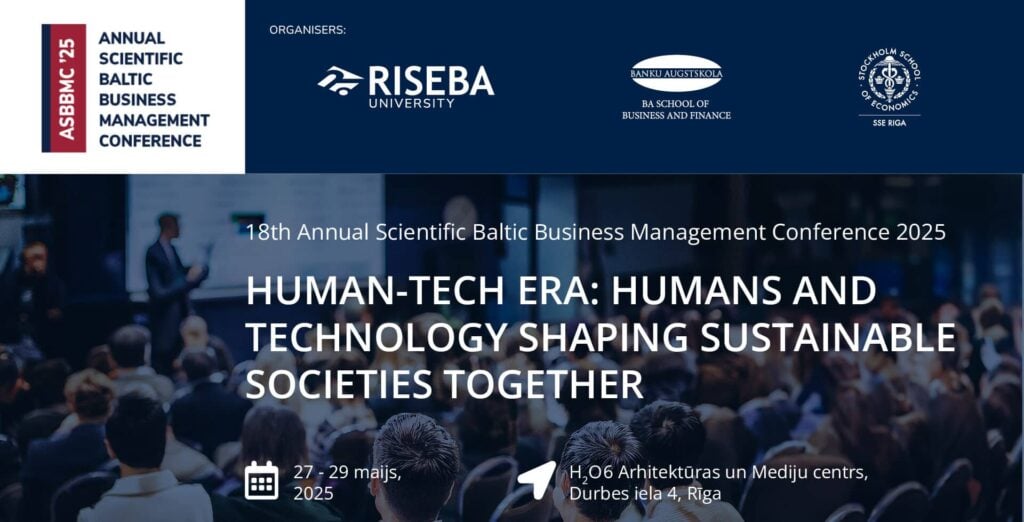RISEBA University of Applied Sciences publishes two open-access scientific journals: the Journal of Business Management (JBM), focusing on the social sciences, and ADAMarts (ISSN 2256-0890), focusing on the arts. Both journals are licensed under the Creative Commons Attribution 4.0 International Licence and published online first via the RISEBA digital publishing platform (Open Journal System): https://journals.riseba.eu/.

Journal of Business Management (JBM)
The Journal of Business Management (ISSN 1691-5348) is a joint publication of RISEBA University of Applied Sciences and the BA School of Business and Finance. It publishes original scholarly articles in English, advancing research and insights in business and management. The journal adheres to high ethical and transparency standards, employs a double-blind peer-review process, and is indexed in EBSCO (since 2008), Index Copernicus (since 2017), and ERIH PLUS (since 2022). All issues are freely accessible in PDF format.
You can access current volume (online first) here: https://journals.riseba.eu/index.php/jbm/issue/view/33
All published volumes are available from the full archive repository here: https://journals.riseba.eu/index.php/jbm/issue/archive
Read more
ADAMarts
ISSN 2256-0890
ADAMarts (ISSN 2256-0890) is devoted to architecture and media arts, offering an interdisciplinary platform rarely found in academic publishing. While architecture is traditionally linked with engineering, reflecting their practical interdependence, media arts often intersect with literature, drawing creative inspiration and content from it. The journal thus bridges artistic and academic disciplines, fostering dialogue across creative and theoretical domains.
The latest volume is available here: https://journals.riseba.eu/index.php/adamarts
All published volumes are available from the full archive repository here: https://journals.riseba.eu/index.php/adamarts/issue/archive
Read more
Conference proceedings, RIXARCH 2025
International Architectural Design Conference 2025
RIXARCH 2025 / III International Architectural Design Conference took place on 27–28 March 2025 in Riga, at the National Library of Latvia. The conference was organised by the RISEBA Faculty of Architecture and Design, in collaboration with the National Library of Latvia.
The theme of RIXARCH 2025 was “LIGHT MATTERS”, focusing on the significance of light in architecture, science, and art. The conference was dedicated to the 100th anniversary of the renowned architect Gunārs Birkerts. Known as the “master of light,” Birkerts used light in his architecture both practically and symbolically—to guide movement, define spaces, and imbue architectural elements with meaning.
The aim of the conference was to bring together both established and emerging researchers from Latvia and abroad, fostering international discussion on contemporary and interdisciplinary issues in architecture.
Read more
Conference proceedings, ASBBMC 2025
18th Annual Scientific Baltic Business Management Conference 2025
Conference took place on 27–29 May 2025 in Riga, at the RISEBA University of Applied Sciences, H2O6 Architecture and Media Centre. The conference was organised by the RISEBA Faculty of Architecture and Design, in collaboration with the BA School of Business and Finance and Stockholm School of Economics Riga.
Focus of the Conference: Human-Tech Era: Humans and Technology Shaping Sustainable Societies Together
Technology is no longer just a tool for driving commerce. In the Digital Age, it has become a transformative force for fostering global progress and building sustainable, resilient societies. Digital transformation, the AI revolution, and the rapid evolution of the information society are reshaping our world in unprecedented ways, raising more questions than answers.
Key priorities include collaborating with technology rather than merely using it, shifting from data ownership to wise data utilisation for business and societal development, addressing the challenges of political and economic turbulence, and redefining education paradigms to build sustainable human capital and information-literate societies.
The Conference served as a platform for scholars, business professionals, and policymakers to meet and exchange knowledge, share insights, and nurture innovative ideas for shaping the Human-Tech-driven future.
Read more